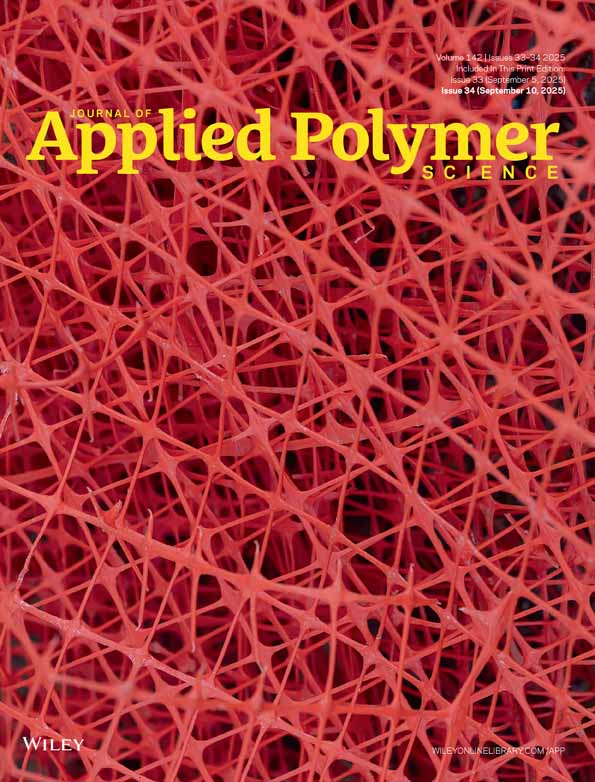Treatment of Caribbean pine by in situ polymerization of styrene and furfuryl alcohol
Abstract
Caribbean pine impregnated by the full cell treatment schedule with styrene, furfuryl alcohol (FFA), and styrene–FFA monomers was cured for 48 h at 100°C. Styrene did not penetrate inside the wood cell wall; instead, it adhered on the cell wall surfaces and fill cell lumens. The volume contraction during the formation of polystyrene causes the volume contraction of the wood sample. The permanent volumetric swelling is attained only for samples treated with FFA, which is caused by cell wall impregnation. The dimensional stability of the treated wood samples is evaluated with the antiswell efficiency coefficient (ASE). The water repellency is expressed as the water-repellent effectiveness (WRE). Treatment with styrene improves the water repellence, whereas a double treatment increases the dimensional stability. Lixiviation slightly affects the ASE and WRE coefficients. The treatments improve the Shore D hardness in comparison to untreated wood. © 2003 Wiley Periodicals, Inc. J Appl Polym Sci 91: 1763–1769, 2004




